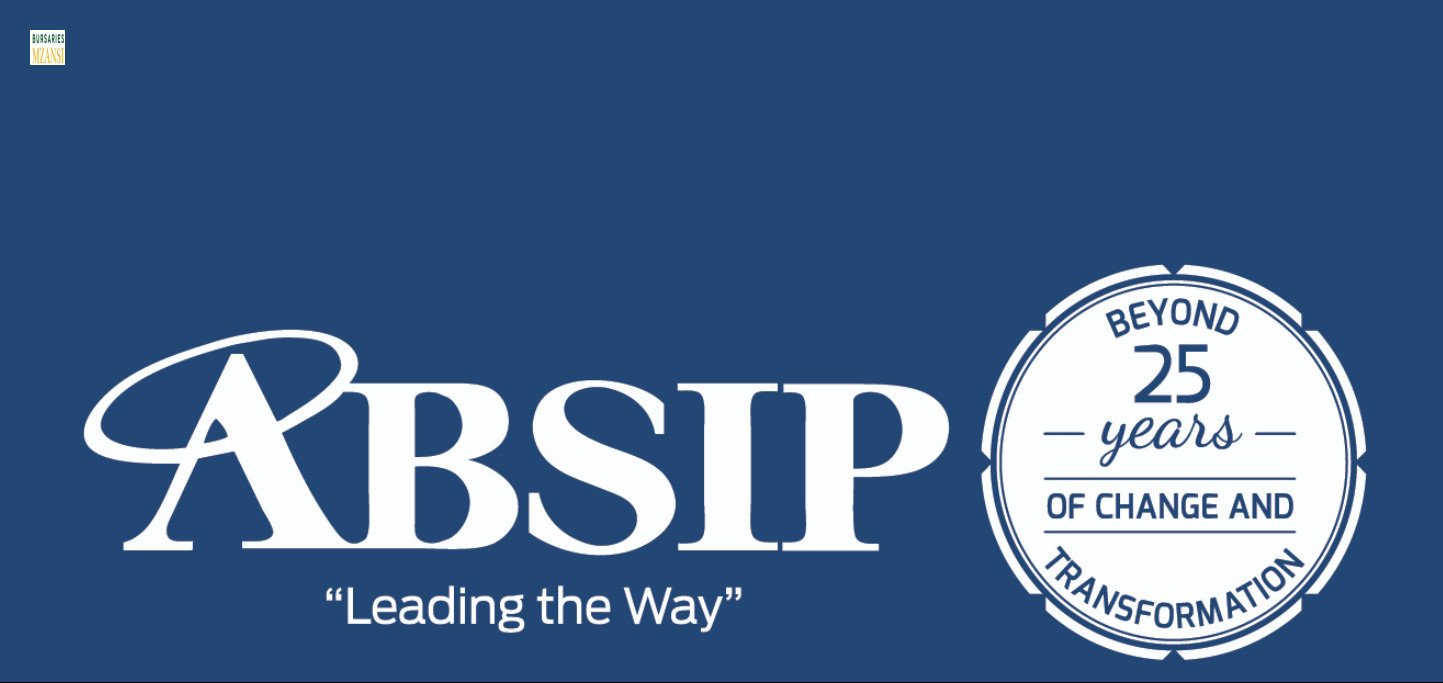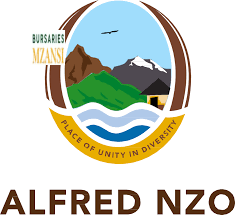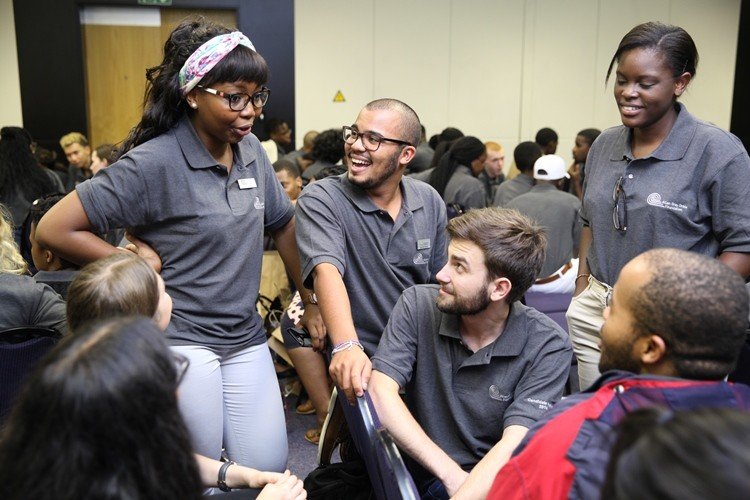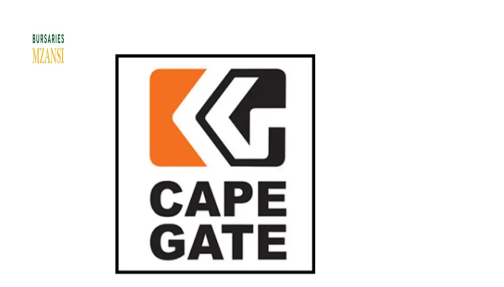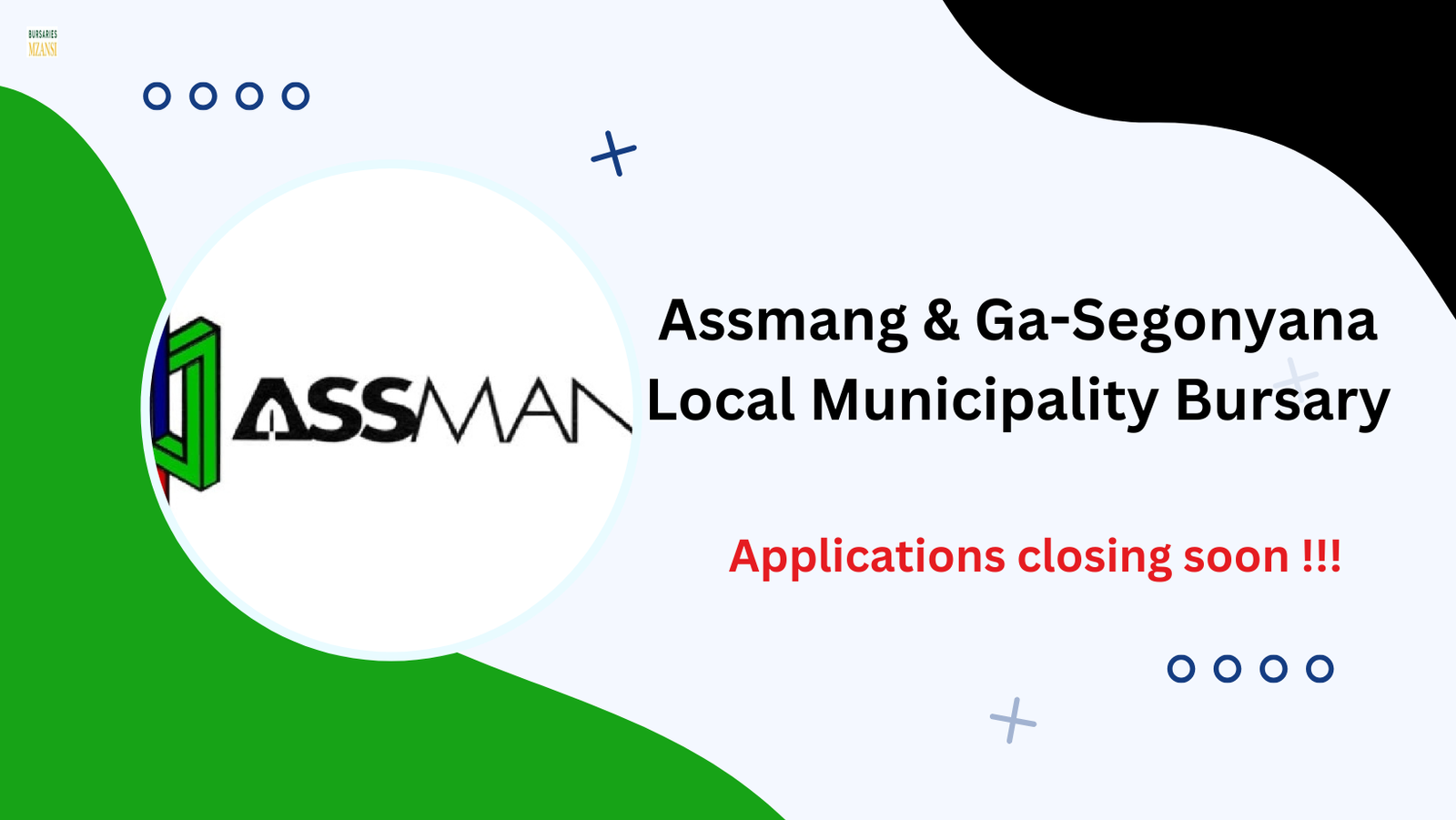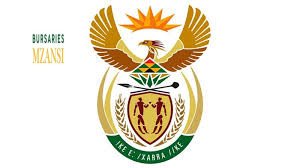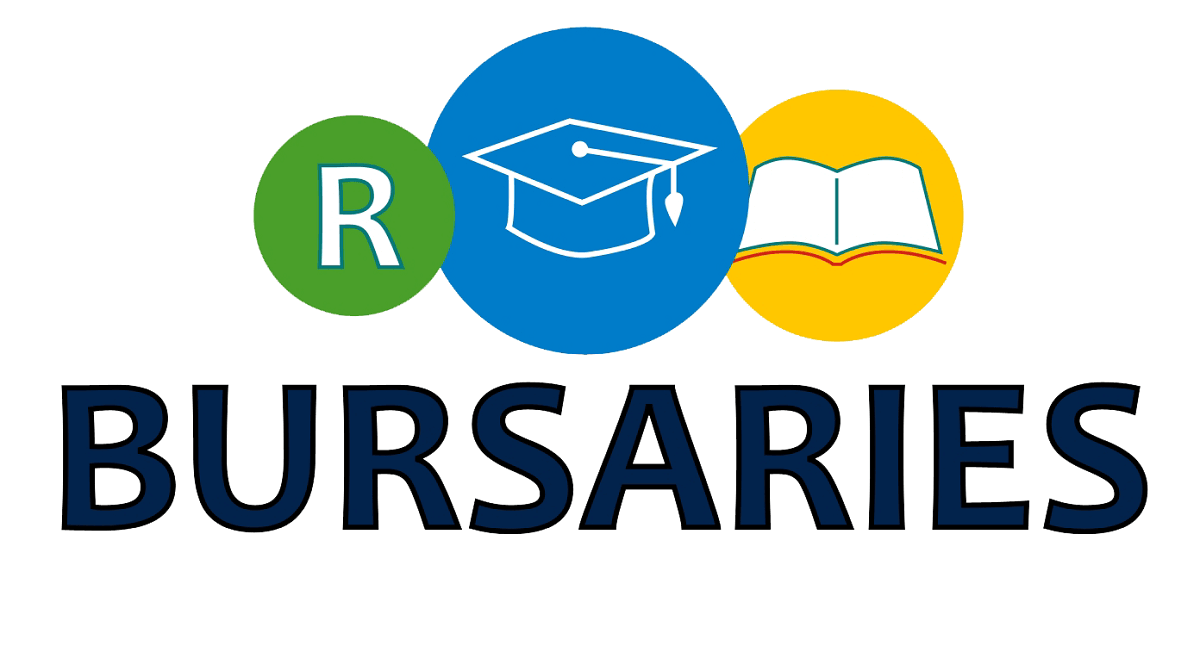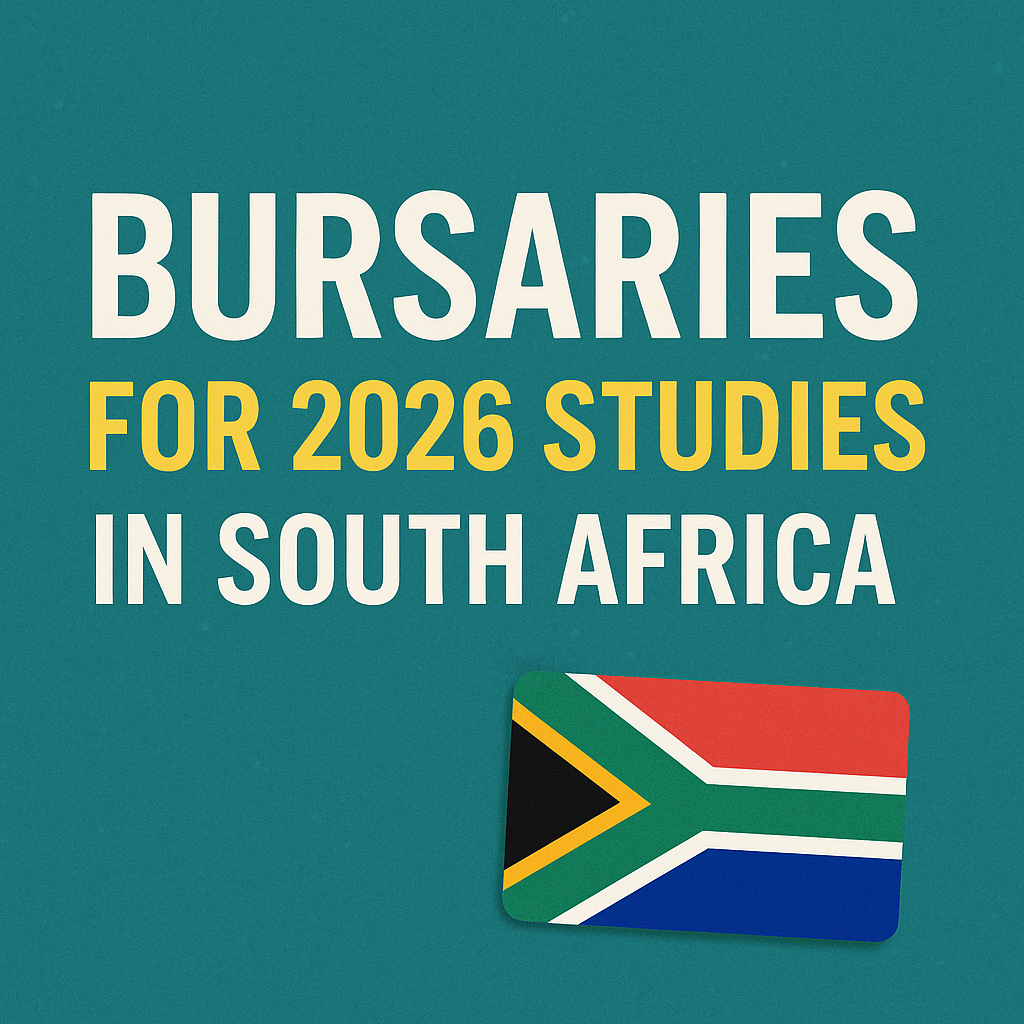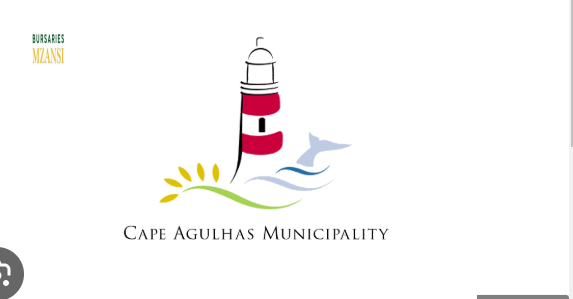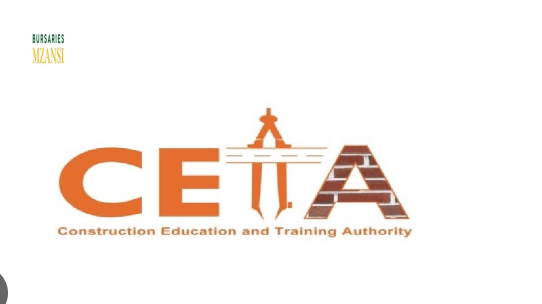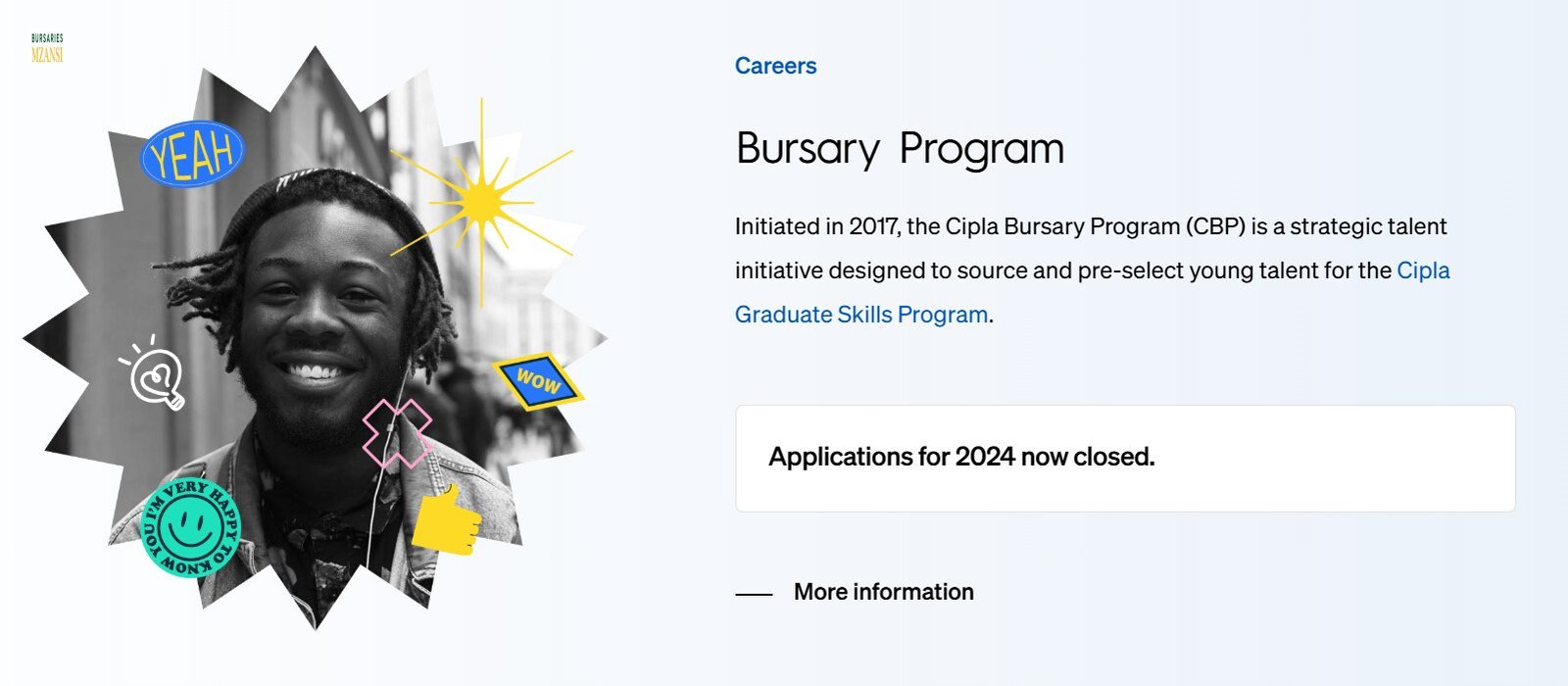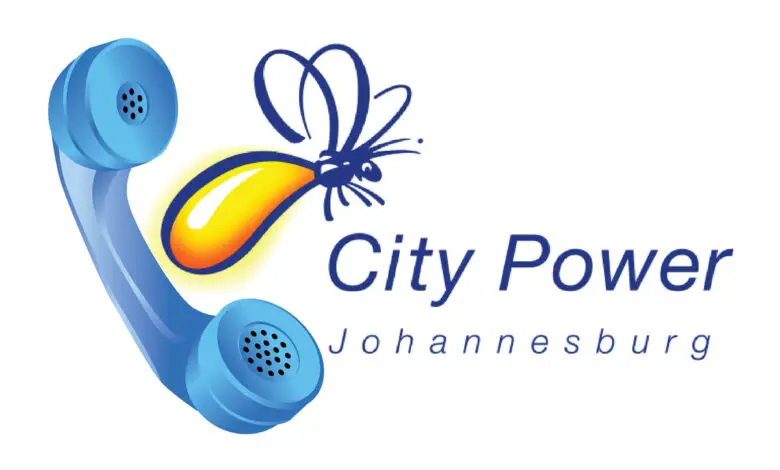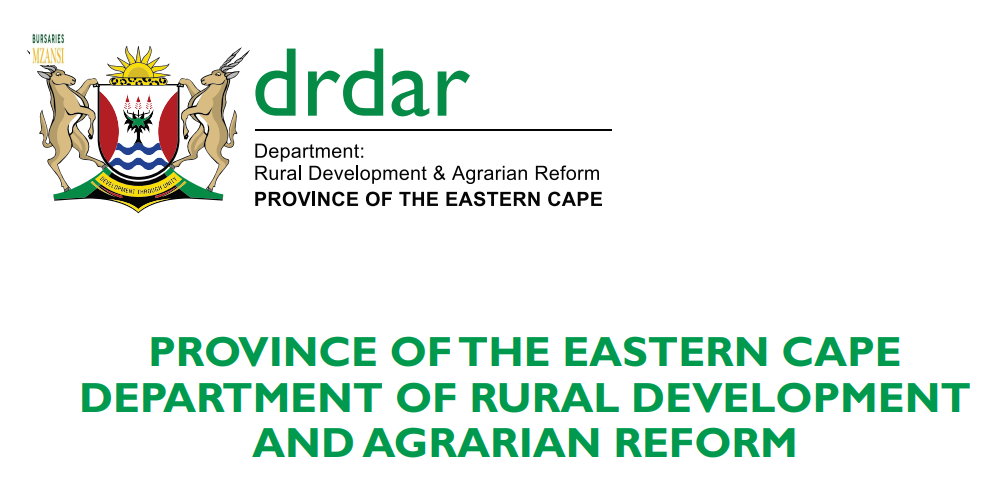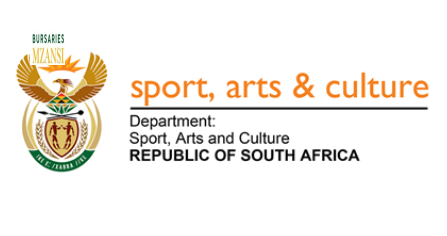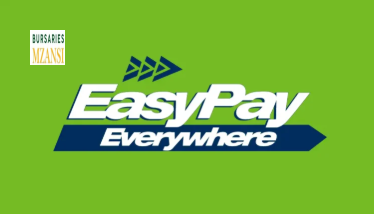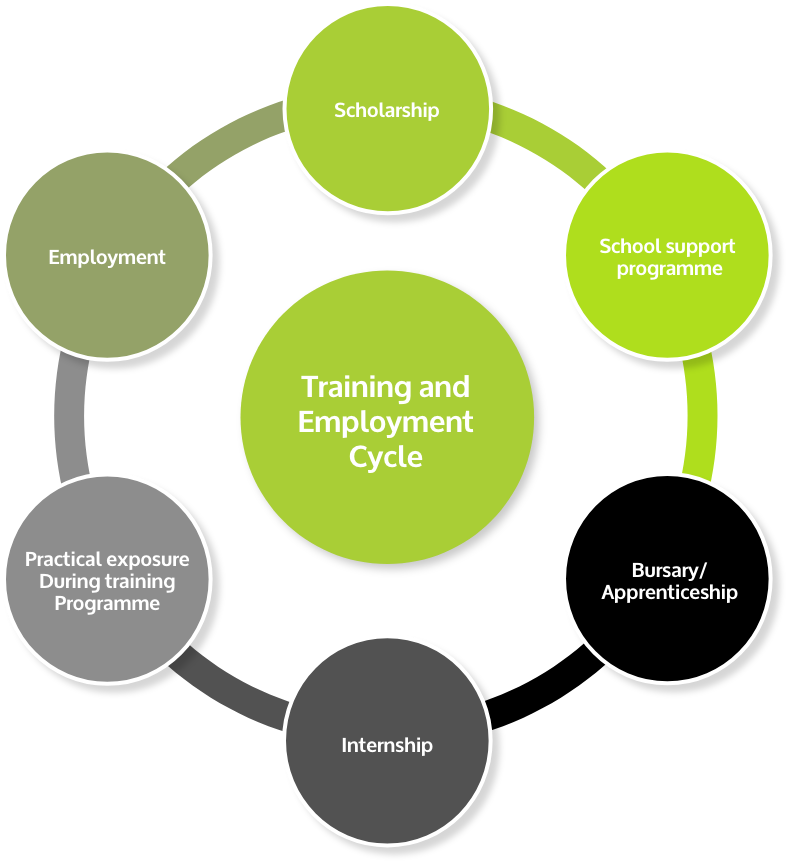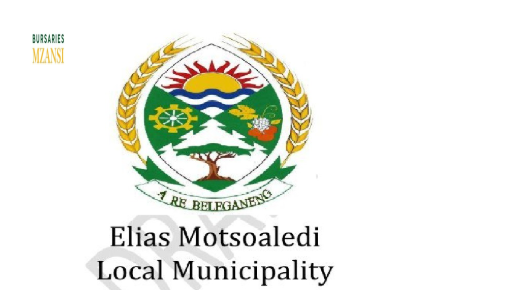Education is a stepping stone to success, but the financial burden can sometimes feel overwhelming. Many students in South Africa ask, “Where can I get a bursary/funds to further my studies?” The good news is that there are numerous avenues you can explore to get financial support for your education. In this article, we’ll break down the different types of bursaries, funds, and grants available, and guide you on how to access them.
What Are Bursaries and Education Funds?
Bursaries are financial awards given to students to support their studies. Unlike loans, bursaries do not require repayment, which makes them highly desirable. Education funds can include scholarships, grants, and even company-sponsored programs. They are often offered based on merit, need, or a combination of both.
Understanding the difference between bursaries and other funding options is essential. While bursaries are often targeted at students in need, scholarships usually focus on academic excellence. Grants may be available for students pursuing specific courses or fields.
Government Bursaries and Funding Opportunities
The South African government provides several bursary schemes through institutions like the National Student Financial Aid Scheme (NSFAS). NSFAS is designed to help students from low-income households access higher education.
- NSFAS: Covers tuition fees, accommodation, books, and living expenses for qualifying students. You can check eligibility and apply at NSFAS official website.
- Departmental Bursaries: Many government departments, such as Health, Education, and Social Development, offer bursaries for students pursuing studies in critical sectors.
Applying for government bursaries often requires early preparation. Keep track of application deadlines, gather necessary documentation, and ensure your academic records are in order.
University-Specific Bursaries
Many universities offer their own bursary schemes to attract talented students. For instance, institutions like the University of Cape Town (UCT), University of Pretoria (UP), and Stellenbosch University provide both need-based and merit-based bursaries.
- University Websites: Check the financial aid section of your university’s website. For example, UCT bursaries can be found here.
- Faculty Bursaries: Some bursaries are available only for specific faculties or programs. If you are studying engineering, health sciences, or law, explore faculty-specific funding options.
Corporate Bursaries and Private Companies
Many South African companies invest in the education of future professionals through bursaries. Companies like Sasol, Old Mutual, and Standard Bank have programs aimed at students in various fields.
- Sasol Bursaries: Designed for engineering, science, and technology students. More details at Sasol Careers.
- Old Mutual Imfundo Trust Scholarship: Focused on financial, actuarial, and related studies. Learn more here.
Corporate bursaries often require candidates to work for the company for a set period after completing their studies. This is a great opportunity for job security and professional development.
NGO and Trust Funds
Non-governmental organizations (NGOs) and trust funds are also excellent sources of funding. These entities provide bursaries to students from disadvantaged backgrounds, often focusing on underrepresented fields or communities.
- Allan Gray Orbis Foundation Fellowship: Offers financial and mentorship support to students who demonstrate entrepreneurial potential. Visit Allan Gray for details.
- The Funza Lushaka Bursary: Available for students wanting to become educators, covering tuition, travel, and living costs. Check more at Funza Lushaka.
Tips to Increase Your Chances of Getting a Bursary
- Start Early: Research and apply well before deadlines.
- Maintain Good Grades: Academic excellence improves eligibility for merit-based bursaries.
- Demonstrate Financial Need: For need-based bursaries, provide clear documentation of your financial situation.
- Tailor Applications: Each bursary has unique requirements. Ensure your application addresses these specifically.
- Seek Mentorship: Speak to teachers, counselors, or professionals who can guide you.
Online Bursary Portals and Resources
The internet has made searching for bursaries easier. Dedicated portals compile available bursaries, grants, and scholarships in one place.
- Bursaries South Africa: Lists various bursary opportunities, deadlines, and requirements.
- Scholarships for South Africans: Provides bursaries for studying both locally and abroad.
- Education Financial Aid Platforms: Government-supported platforms for students.
Additional Options: Studying Abroad
If you are considering international studies, many countries offer bursaries and scholarships for South African students. For example, the Fulbright Program, Chevening Scholarships (UK), and Canadian Commonwealth Scholarships can provide full funding for your studies abroad.
Studying abroad often comes with additional benefits, such as exposure to global perspectives, networking opportunities, and access to cutting-edge research and technology.
Internal Resources and Guides
For more detailed guidance, you can check our internal posts on related topics:
- Study in USA for Free
- Get Scholarship to Study in Canada for Free
- Ekapa Apprenticeship South Africa 2025
These guides provide step-by-step instructions, eligibility criteria, and tips for successful applications.
Conclusion
So, where can I get a bursary/funds to further my studies? The answer is: everywhere! From government programs, university bursaries, corporate sponsorships, NGOs, trust funds, to online portals and international scholarships, there are multiple opportunities available. The key is to be proactive, well-prepared, and consistent in your applications.
Remember, education is an investment in your future. The effort you put into finding and securing bursaries today can lead to a debt-free, rewarding academic journey tomorrow.



